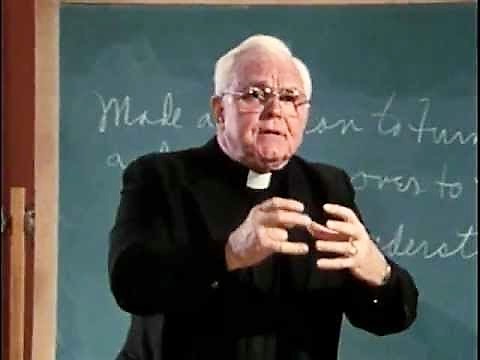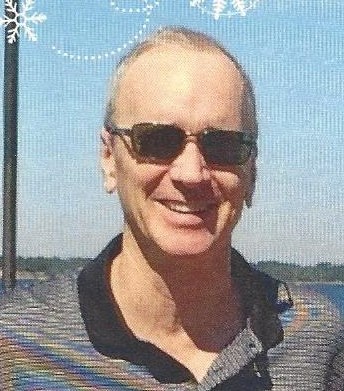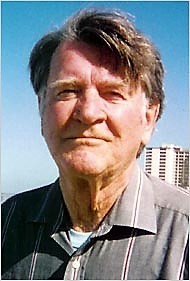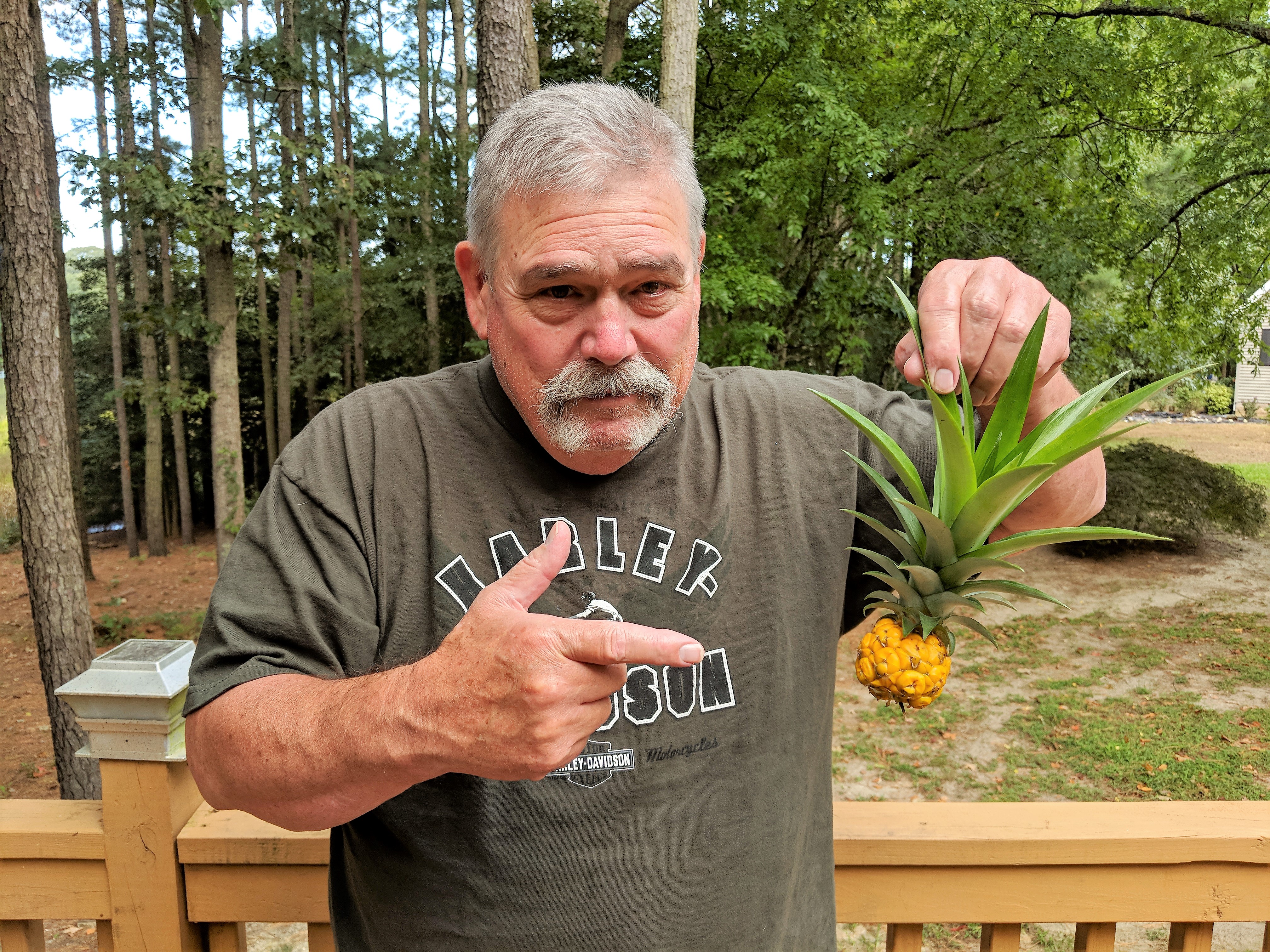Note cards were used to provide guidance and remind us what to do should we become lost. The stages of the session were on one side and options for the interaction stage on the other. This proved helpful, but remembering all the names of the people in the group became overwhelming. A decision was made to provide everyone with nametags. We learned that the first name was sufficient.
Equipped with note cards and nametags our job became less stressful until we had to do something, as Dan might have put it. Joining a group of three to five families and learning to dance with each family as well as the group as a whole and join with each individual is like entering a directory on a computer program. Each directory takes you off into a different direction and there are many subdirectories in each directory.
Every individual has their frame of reference and each family has a different frame of reference. As a group they may be pulled together due to a common
symptom, and generally speaking this is where the therapist enters the family systems.
Assessing the families in the MFTG will provide the therapist with direction. Too much information before the MFT session can be a hindrance. Use the MFT session to gather information, formulate hunches and set goals. Everyone in the group learns from this and the process helps free the family from shame.
As families experience others making themselves vulnerable they tend to take more risks, which leads to emotional expression and the building of intimacy. Addicted individuals and their families need to learn or relearn
intimacy.
This idea of intimacy can be scary to the therapist. I think it important that the therapist be willing to take risks with the group and to join with the group in an intimate way. Accepting each family member unconditionally and loving them as human beings is good modeling and good staging for the MFGT forum. Objectivity is very important and the therapist must be personal but not take things personally. The opportunity to step into someone's resistance, angers, control issues, etc., will always be present. Their allowing this to surface in the session can be seen as an opportunity to earn their
trust. After all, they are making themselves vulnerable by exhibiting this behavior in a MFT session.
When this happens ask yourself, "What are they really trying to saying?" They don't know you or the other group members well enough to be that angry. What is it that they really want? Make a mental note and use this information later or in another session. Look them in the eye with empathy.
I wouldn't want you to get the idea that I never find myself caught up in the system of the families in the MFT sessions. It happens to all of us and if you haven't been there it will happen to you if you chose to work with people. The key is to learn from experiences and when you
recognize that you are caught in the family's system (inducted) do what you need to do to become objective. And don't beat yourself up; you're a human being. With experience you will get better at avoiding induction.
Having a co-therapist in the MFT session helps with this and if a one-way-mirror is available the observer can provide helpful assistance when they recognize you need rescuing. Other ways to get help are to: videotape or audiotape the session and review it with another professional; verbally process the session with another professional; or have a
consultant join you in the group occasionally.
Selling others on getting involved in MFT can begin by asking them to provide feedback or observe the session to provide assistance. I had success getting new employees involved by sharing with them experiences in MFT and inviting them
to join in the fun. I was in the inpatient component of Open House and the new employees were outpatient counselors. They fell in love with the idea and today harbor fond memories of their experiences.
Multiple Family Group Therapy attracts attention from the organization. As we grew and became more skilled the
Outpatient component of Open House joined in and Multiple Family Group Therapy became one of the
successes of the organization. Lynn Vacarella, the Outpatient Director, supported her counselors, and families from the inpatient side of the house were included in the
outpatient MFGT sessions, (Lynn is a Therapist in Concord, NC.). The groups became a hub for getting individuals into inpatient treatment and providing continuing care after the inpatient stay. Family members traveled from around the state to take part.
An administrative reminder is when you want to start Multiple Family Group Therapy in your organization, get support from the top and work down. Trying to go from the bottom up will not work. The effort will be sabotaged.
Outpatient families and inpatient families were incorporated into the MFT groups and it proved to be beneficial to all. Other professionals questioned the confidentiality issue between families, but rarely did we have questions from the MFT groups. Everyone was asked to respect the confidentiality of each family and they did. In five years I dealt with the issue once and it was resolved in the MFTG.
Fritz Pearls, Thomas Harris, Jay Haley, Salvador Minuchin,
Carl Whitaker, and Milton Erickson occupied my evenings frequently for about five years. Milton Erickson proved to be the most fun. Nights were spent rolling from one side of my bed to the other laughing at Milton Erickson's
hypnotic teaching tales. I think that I was doing therapy on myself.
It seems that being single provided the time for me to occupy evenings with reading, and it protected me from possibly making myself vulnerable again. To some people I was known as the "monk." The knowledge I gained catapulted me into a Multiple Family Group Therapy career. Education is not cheap!
Some people say that knowledge is power. Power and control are fantasies. They are like the dog that chases the automobile until it leaves his territory. The therapist that leads a MFT group does so by following. Attempts to be in control or use power may leave the therapist barking in an empty room. The therapist takes charge and manages the process. Group members provide the content.
A good MFG Therapist promotes others, continues to grow personally and professionally, leads a balanced life, maintains a "can-do" attitude, shares knowledge and experience with other professionals, and recognizes that ignorance comes in all degrees.
MFG Therapists with whom I have talked report that they were drawn to the art of MFGT. There seems to be an inner attraction that involves emotion and reason. If you have experienced it, you know what I'm talking about. If not, take the time to observe several MFGT sessions.


.jpg)

.jpg)

